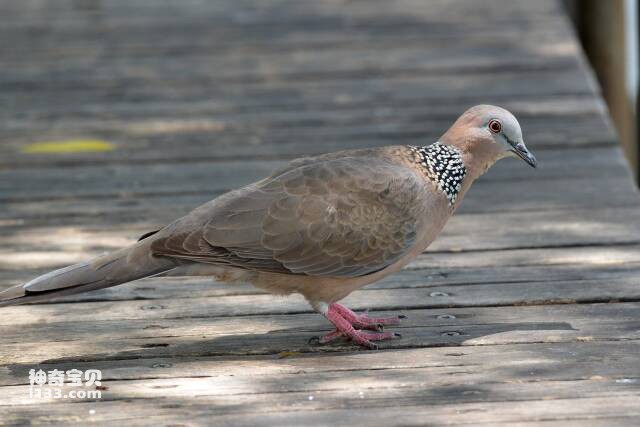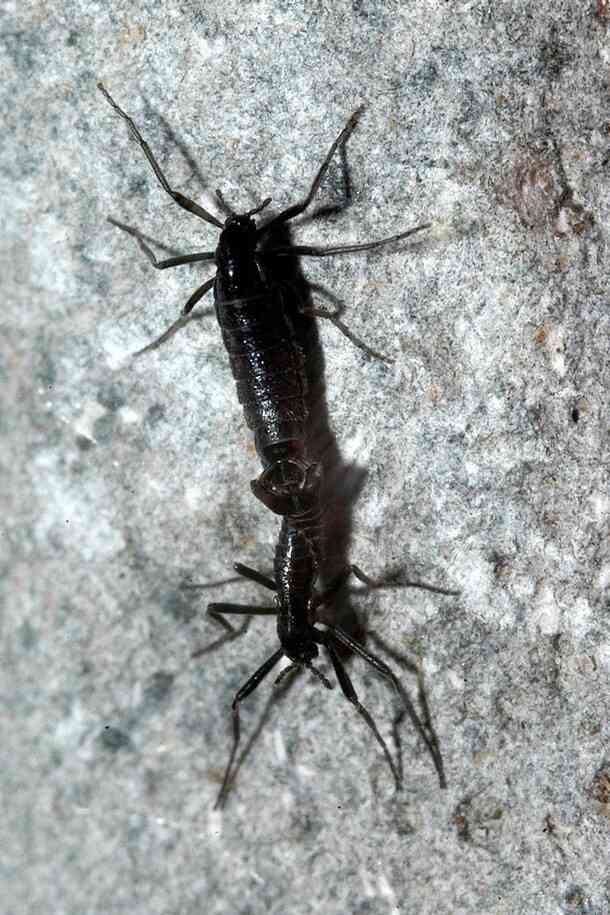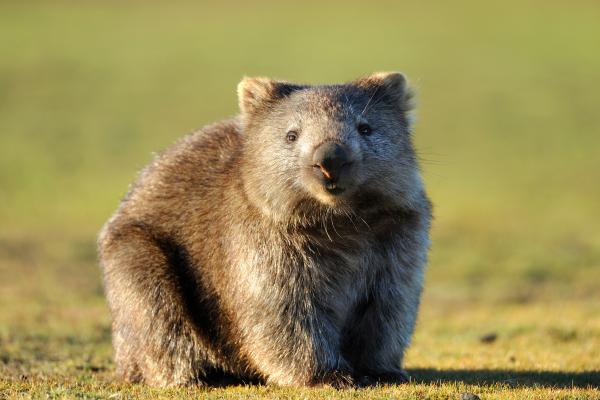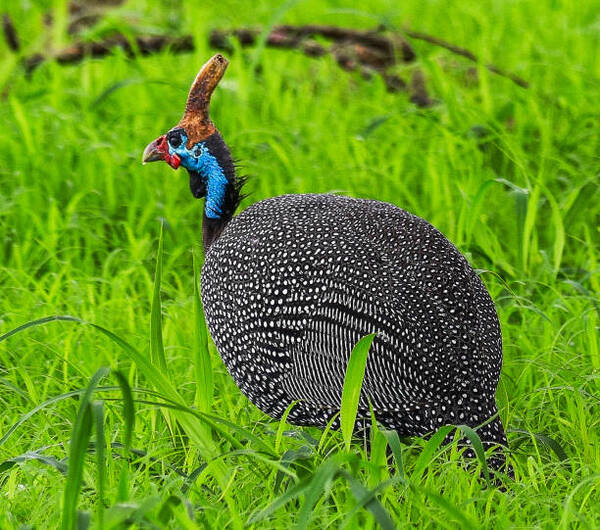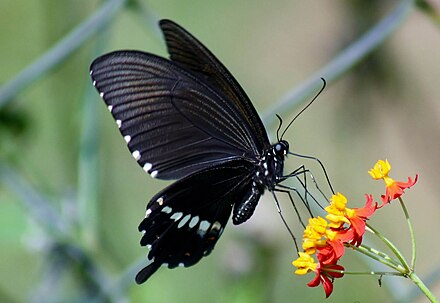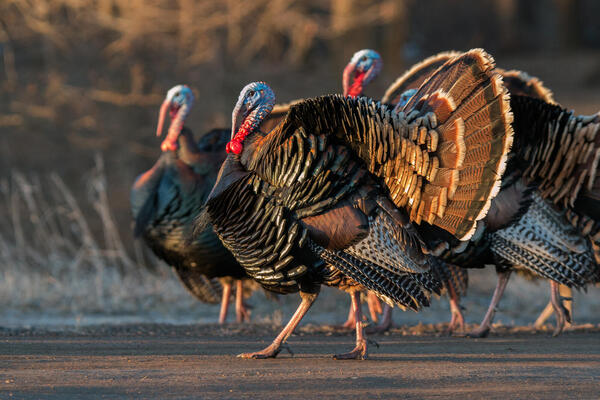Skunks are small mammals that are widespread in North America and are known for their unique defense mechanism - spraying stinky air. They belong to the family Mustela The Mephitidae family may look cute, but their smell is unacceptable. This article will explore the skunk's living habits, living environment, and their important role in the ecosystem.
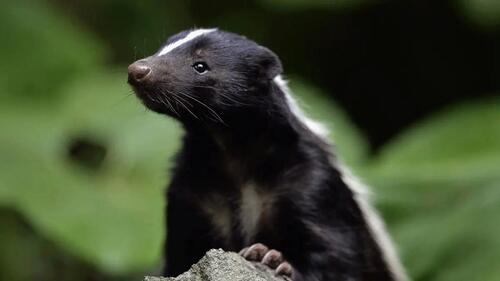
1. Types of Skunks
Skunks are mainly divided into four categories:
Skunks are divided into four main categories:
Striped Skunk: The most common species, widely distributed, medium-sized, with black and white stripes as its typical feature.
Spotted Skunk: Smaller, with spotted black and white fur, and agile.
Hog-nosed Skunk: Has a prominent nose protrusion, which is used to dig in the soil to find food.
Humboldt’s Hog-nosed Skunk: Slightly larger, mainly inhabits parts of South America.
2. Skunk's living habits
Nocturnal animals: Skunks are typical nocturnal animals. They usually hide in caves or tree holes during the day and come out to forage at night. Their diet is relatively omnivorous, including insects, plants, fruits, bird eggs, and small mammals.
Defense mechanism: The most iconic defense mechanism of skunks is to spray stinky Gas. This foul-smelling liquid is secreted by glands on both sides of their tails. It is extremely irritating and can deter predators. The skunk's spray distance can reach 3 meters, and the target is very accurate.
Reproduction and life cycle: Skunks usually mate in the spring, and females give birth to one litter of four to seven pups each year. The pups are blind and hairless at birth, but they They grow rapidly within two months and learn to spray odor.
3. Skunk's living environment
Skunks mainly live in grasslands, forest edges and near farmland. They are It has low habitat requirements, strong adaptability, and often appears in suburbs and urban fringes. Because they can use a variety of food sources and habitats, skunks can thrive in areas with heavy human activity.
4. The role of skunks in the ecosystem
Although Skunks are known for their stinky spray, but they play an important role in the ecosystem. As omnivores, skunks can control the population of pests and rodents, which helps protect crops. In addition, skunks provide other Scavengers provide a source of food and help maintain ecological balance.
5. The relationship between skunks and humans
Skunks invade cities: As cities expand , skunk habitats sometimes overlap with human settlements, resulting in skunks appearing in residential areas. Although skunks will not actively attack humans, if threatened, they may spray odors and cause inconvenience to people.
Pet Skunks: In some countries, skunks are domesticated as pets and their scent glands are removed so they don't spray their owners. As pets, skunks are gentle, smart, and lively, and they can form deep bonds with their owners.
6. How to deal with a skunk problem
If you have skunks near your home, there are some things you can do to reduce the conflict:
Remove trash and store it properly to avoid food scraps that attract skunks.
Repair holes or cracks around your house to prevent skunks from nesting in your yard or garage.
Use light or sound devices around your garden to repel skunks.
7. Skunk Conservation Status
Skunks are not endangered species, and their populations are relatively stable in most areas. However, with the reduction of habitat and the increase of human activities, some species of skunks are still threatened by habitat destruction. Therefore, protecting skunk habitats and reducing conflicts between humans and skunks are particularly important for maintaining the health of the ecosystem.
As an iconic small mammal in North America, skunks are famous for their unique odor defense mechanism. Although their smell is unpleasant, skunks play a vital role in controlling pests and maintaining ecological balance. By understanding their living habits and defense mechanisms, we can better coexist with this amazing creature.

